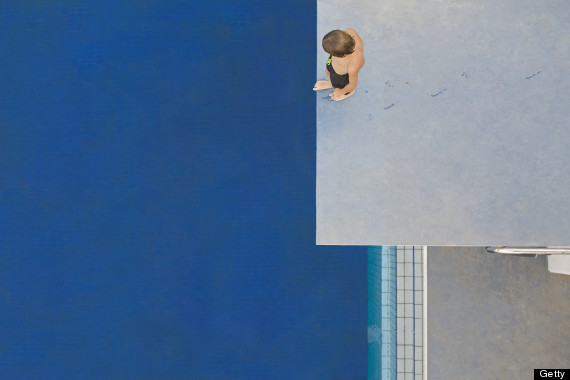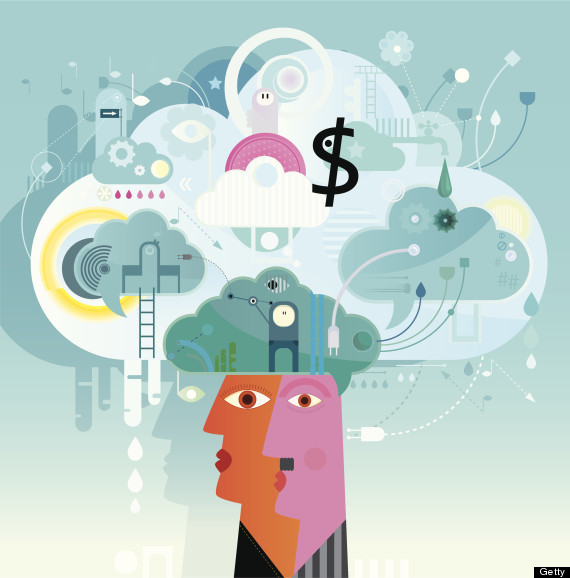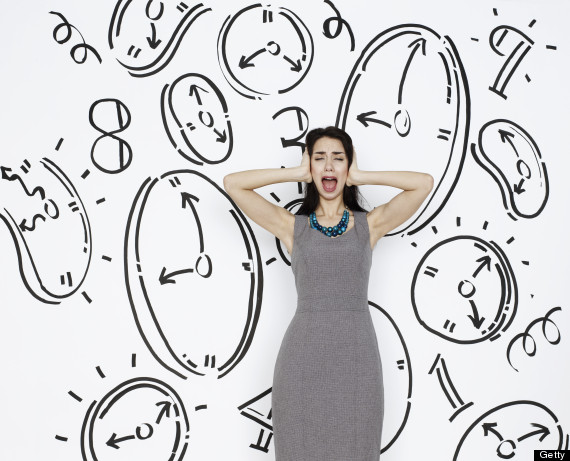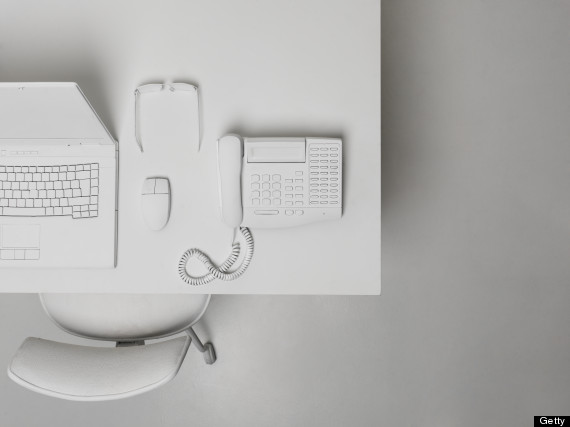We've all been there: Staring at a blinking cursor on a bright white screen, your brain as blank as the Word document in front of you. Creativity can be elusive, coming and going unexpectedly and refusing to be there when you need it most.
Periods of creative blockage can be frustrating, but you don't have to sit around and wait for the muses to strike you with inspiration again. Simply being aware of what might be hindering your creativity can help you move past any blockages.
Here are five things that could be killing your creativity -- and surefire ways to remedy them.
You're afraid to fail.

Perfectionism and fear of failure often go hand in hand, and they can both keep you from fully engaging with a creative project or even starting it in the first place. When we seek perfection, we're less likely to take risks and more likely to procrastinate -- which can stifle creativity and innovation.
"[Perfectionism] is a steady source of negative emotions; rather than reaching toward something positive, those in its grip are focused on the very thing they most want to avoid—negative evaluation," Hara Estroff Marano writes in a Psychology Today blog. "Perfectionism, then, is an endless report card; it keeps people completely self-absorbed, engaged in perpetual self-evaluation—reaping relentless frustration and doomed to anxiety and depression."
To combat perfectionistic tendencies and a fear of failure, try adopting these habits of highly resilient people -- starting with an acceptance of failure as an inescapable fact of life.
You're thinking too big.

Thinking about the big picture is important to the creative process -- but if you're too focused on the big picture, you may have trouble coming up with good ideas. Lifehacker puts it this way: Try thinking of 10 cities. Then, try to think of 10 cities near your hometown. Chances are, narrowing the scope of your inquiry made it easier to come up with the names quickly.
"When we use constraints we trigger more ideas, and come up with more solutions," Lifehacker explains. "Even when there aren't any constrains people tend to create them. When most people are asked to name 10 cities they'll use some kind of connection between them -- capital cities, cities I visited this year, etc."
You're too busy.

Stress and excessive busyness are common causes of creative dry-spells -- so try slowing down! Giving your mind the freedom to wander is essential to fostering creativity and innovative thinking, according to Gary Klein, author of "Seeing What Others Don't: The Remarkable Ways We Gain Insights." Recent neuroscience research confirms that daydreaming involves the same brain processes that spark imagination and creativity.
"I worry about people who spend all their empty time when they're not in conversations listening to music or podcasts or things like that, and not leaving any space to just daydream," Klein told The Huffington Post.
When you're feeling stressed or over-booked, making a little time in your schedule to simply do nothing can actually boost productivity -- an innovation secret favored by LinkedIn CEO Jeff Weiner.
You're sitting at your desk.

If you're sitting at your desk at work waiting for inspiration to strike, you could be waiting for a long time. And pressuring yourself to come up with a solution to a problem can prevent the free flow of ideas.
"Leaving your personal space for just a few minutes can make a huge difference in generating new ideas," Emily Heyward writes in a Fast Company article, "Desks, Where Creativity Goes To Die." "So don’t underestimate the power of a change in scenery."
Artists have long sought new and different environments to get their creative juices flowing. Woody Allen, for instance, says that inspiration tends to strike him while he's taking a long, hot shower.
You're too pessimistic.

Pessimism and cynicism can be lethal to the imagination, creating a "toxic mindset," "Who Killed Creativity?" authors Gaia Grant and Andrew Grant write in Fast Company.
"Pessimists tend to blame themselves when things go wrong, becoming more reluctant to try again with each negative experience," the authors write, explaining that reframing negative situations and trying new things can help combat a bad attitude.
Pessimism is associated with self-defeating behaviors and attitudes, like undermining your own efforts and assuming that setbacks will have wide-reaching and long-term consequences. And in contrast, research has linked positive emotions like happiness and optimism with optimal creativity.
